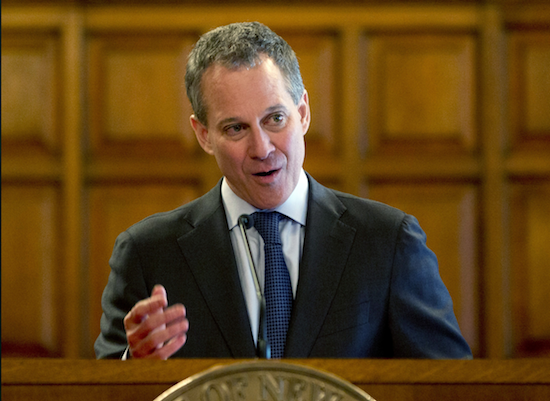Employment law concerns for seasonal employees

As the holiday season approaches, the New York State Attorney General has issued an advisory for seasonal employees who are hired on a temporary, and often part-time, basis to handle the demands of holiday shoppers.
Although an employee may not be a full-time worker or only assigned to a job from now through January, New York’s labor laws protect workers all year around, despite seasonal status. “It’s important for people picking up part-time work this holiday season to understand their rights and make sure they are safe and protected,” said Attorney General Eric Schneiderman.
Employees have the right to work in safe conditions that do not put them at risk of accident or serious illness. On Black Friday, the shopping day the Friday after Thanksgiving, many retail stores offer extreme sales and draw massive crowds. In order to cause a swell of consumers, retailers often hold the sales for short-time intervals, causing shoppers to race for a good deal.
